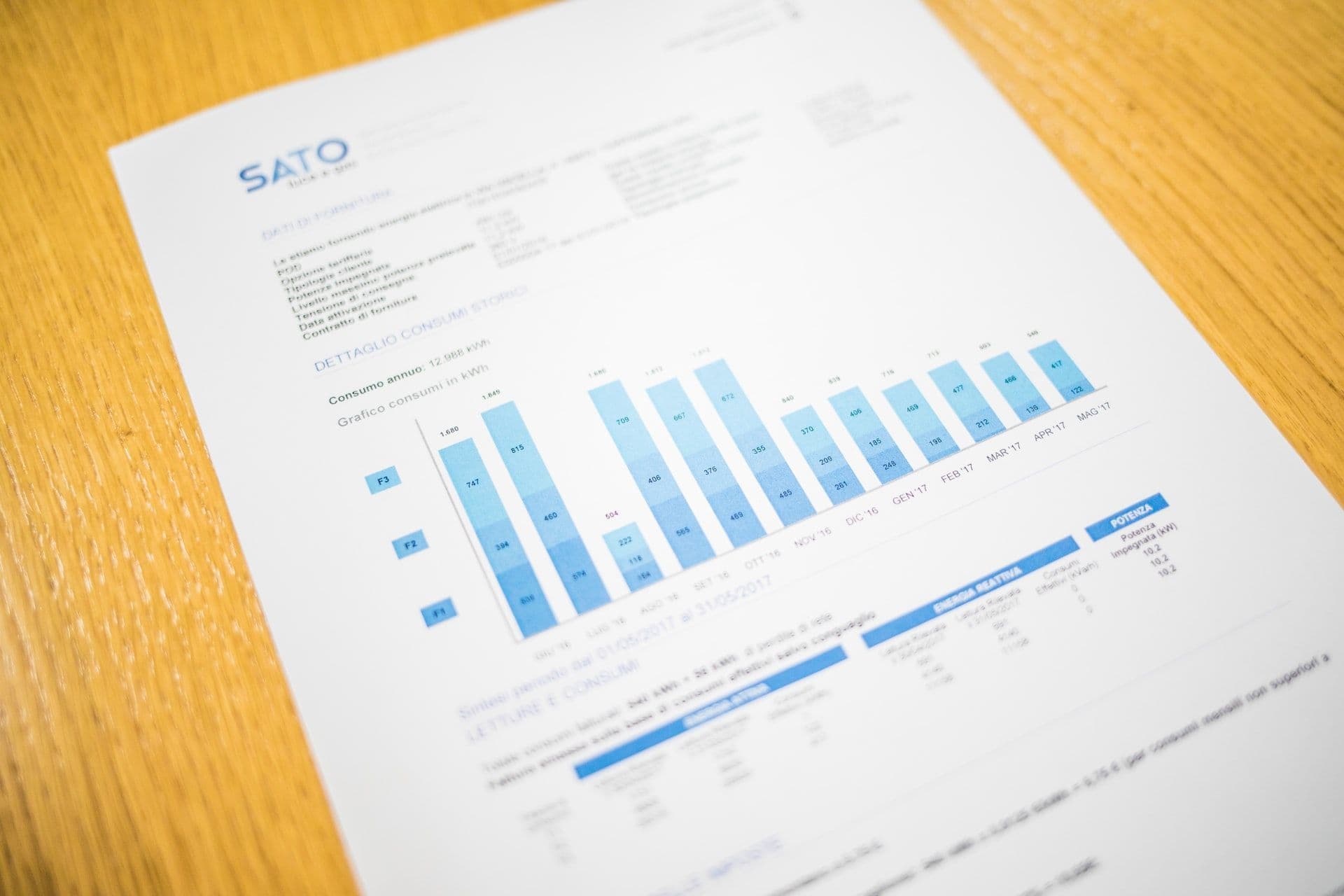Luxembourg»s GDP growth slows down

This is the conclusion reached by the Organization for Economic Cooperation and Development in its new economic study of Luxembourg. Representatives of the OECD announced a decrease in the rate of GDP growth at a press conference on Thursday, November 17. The meeting was attended by Minister of Economy Franz Fayot, Minister of Finance Yuriko Backes and Territorial Planning Minister Claude Turmes.
The OECD publishes studies of the economy of each member country every two years. This year, Luxembourg’s study focused on the challenges to overcome and the opportunities to help make the economy «dynamic and green by 2050».
Right now Luxembourg has the highest GDP per capita among OECD countries. However, GDP growth is slowing, labor productivity is relatively low, and the population is aging. 25% of men in Luxembourg retire at ~54 years of age. Soon a much larger part of the budget will go into pension money. The burden on public finances will gradually increase.
What does the OECD propose to do?
The study noted that support for households facing rising prices should be temporary and targeted. Otherwise, it will lead to a further increase in inflation and won’t become an incentive for energy savings. In addition, to maintain a high standard of living in the country, it will be necessary to increase the retirement age and promote productivity at work.
Also, measures must be taken to ensure that housing prices do not rise so rapidly. That is, new housing must be built. Over the past five years, housing in the Grand Duchy has risen in price by an average of 9.7% annually. That figure is twice the EU average. The situation is clearly becoming unhealthy.
The OECD is suggesting that the country’s government quickly introduce the long-discussed national land tax. It will be levied on unused buildings and land. This will help to cope with the land hoarding, which some of the wealthy residents and companies in the country indulge in.
Inflation in Luxembourg has reached 8.8% this year. The reasons are high energy prices and tensions in the labor market. Although Luxembourg itself was not that dependent on Russian gas, the country is experiencing the effects of an economic downturn due to the war, Ukrainian grain shortages and covid. As a result, the GDP of the Grand Duchy will grow (according to forecasts) by 1.7% this year. And in 2023, growth will only be 1.5%.





